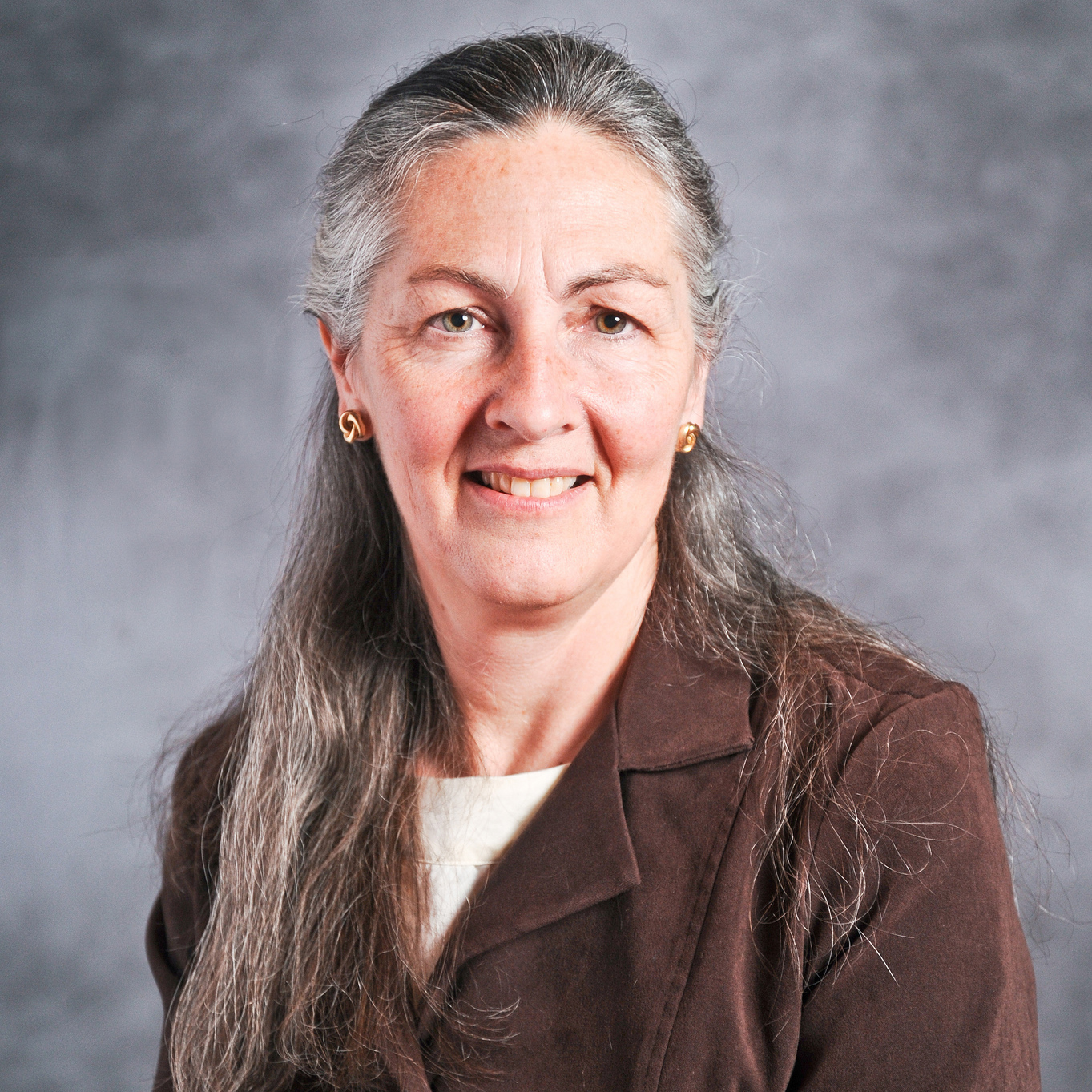 Since the day Carol Osler first set foot on Citibank’s trading floor in 1986, currency markets have captivated her. After earning her PhD from Princeton, Osler spent more than a decade at the Federal Reserve Bank of New York. There, she led path-breaking research on the design of exchange rate models and the effect of bursting asset-price bubbles on investment growth. Today, as a professor of international economics and finance at Brandeis International Business School, Osler encourages her students to take a hands-on approach to understanding the macroeconomic challenges facing our world.
Since the day Carol Osler first set foot on Citibank’s trading floor in 1986, currency markets have captivated her. After earning her PhD from Princeton, Osler spent more than a decade at the Federal Reserve Bank of New York. There, she led path-breaking research on the design of exchange rate models and the effect of bursting asset-price bubbles on investment growth. Today, as a professor of international economics and finance at Brandeis International Business School, Osler encourages her students to take a hands-on approach to understanding the macroeconomic challenges facing our world.
Growing up, I studied classical piano and ballet and I wanted nothing to do with economics. But in college, I thought it might be useful to learn something about the real world, so I took an economics class. It was fine but hardly exciting. And then I spent a semester studying in Bogotá, Colombia. Suddenly, I saw how much economics matters for real people.
When I teach, I use real countries to illustrate the benefits and costs of macroeconomic policies. Beyond that, I try to keep the human experience front and center. We look at what happened in Zimbabwe in 2008, and I point out that the nation’s crippling hyperinflation led to a cholera outbreak. We look at the Great Recession in the U.S. and the cost of unemployment. To really understand economics, I tell my students to look beyond the numbers. When people are unemployed, their marriages are at risk and their children may do poorly in school. These are consequences that last for generations.
I’ve never had any prejudices or preconceived notions about how one should do economic research. I look at problems head-on. In the ’80s, for instance, I became very interested in how exchange rates are set. The existing models were failing empirically, and I wanted to understand why. I talked with the people on the trading floor who actually trade currencies, and I created a new model based on what those traders told me – an approach that was not well received by mainstream economists. The model still holds up today. In fact, there’s now a ton of evidence to support it but paradigm shift is hard.
I had always wanted to work for the Fed and I love New York, so the job [in the capital markets division of research and market analysis in New York] was a perfect match for me. I split my time between long-term research and the analysis of current economic developments to inform the Fed’s monetary policy decisions. I loved doing research there. I traced credit booms to financial deregulation, and I also pointed out that investment is typically dragged down by bursting financial market bubbles.
There are a lot of things you can do in life that provide satisfaction, and I wanted to return to working with students. As an economist – particularly as a woman in the field – I believe I have a role to play as a role model and mentor. Recently, a young woman came to my office and told me that she was applying for a job in economic analysis, but she didn’t think she’d get it. “I’m not really that qualified,” she said. We, as women, tend to undervalue our achievements, so I pointed out all the reasons she really was qualified to pursue that job, and more generally, a career in economic analysis.
My students keep me young. I love interacting with them in the classroom and talking to them during office hours about their lives and their futures. Students at Brandeis care deeply about the microeconomics and international development. I am having a blast.
"When I teach, I try to keep the human experience front and center."
Fields of study: Open economy macroeconomics, microeconomics of financial structures and behavioral finance
Alma mater: Princeton University, PhD
Previous experience: CitiBank, Federal Reserve
@BrandeisBusiness Instagram
View this profile on InstagramBrandeis Intl. Business School (@brandeisbusiness) • Instagram photos and videos